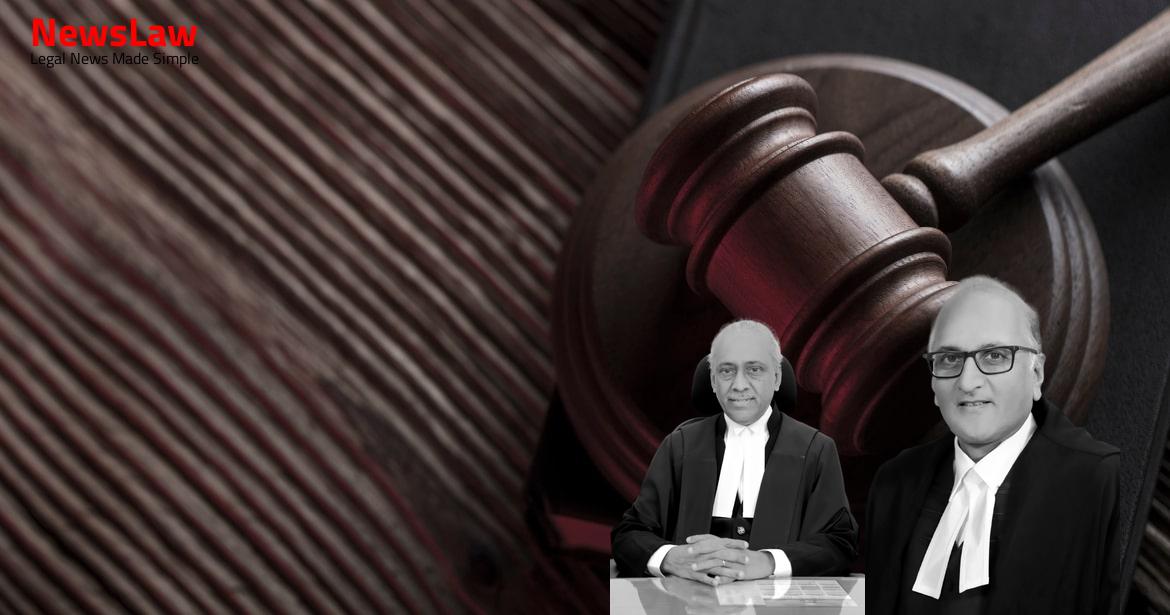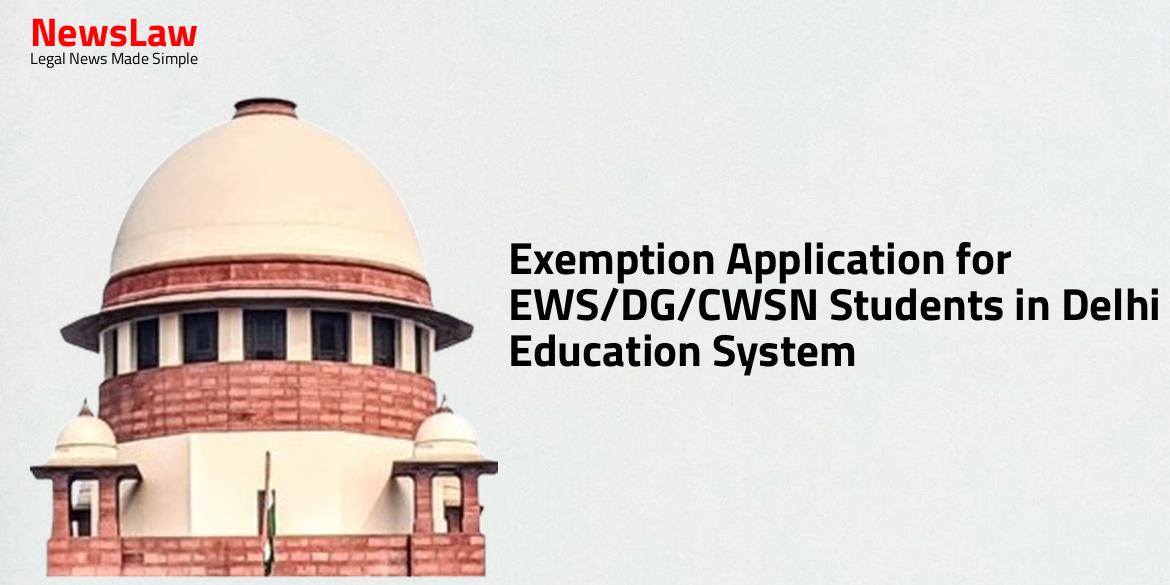Delve into the intricate legal analysis conducted by the court regarding the ban on virtual currency trading. The decision’s impact and underlying legal principles are dissected to provide a comprehensive understanding of the case.
Issue
- The issue at hand is whether the authority had the power to do the act or issue the directive.
- This question revolves around the authority’s capacity in relation to the person to whom the directive is directed.
- Following that, it needs to be assessed whether the power was exercised correctly as per the legal requirements.
Also Read: Jurisdictional Analysis in Transfer Petition
Arguments
- The petitioners argue that RBI does not have the power to prohibit trading in virtual currencies through VC exchanges because VCs are not legal tender but tradable commodities/digital goods outside the regulatory framework of the RBI Act, 1934, or the Banking Regulation Act, 1949.
- The petitioners suggest that banning transactions only in fully anonymous VCs could have been a less intrusive measure.
- They argue that severing ties between the virtual currency market and the formal Indian economy without a legislative ban may promote cash and black-market transactions.
- Access to banking is compared to the supply of oxygen in a modern economy, and denying such access to traders not engaged in illegal activities is seen as unreasonable and disproportionate.
- The petitioners emphasize the need for judicial deference in economic regulations, stating that the imposition of restrictions on fundamental rights requires justification based on public interest.
- It is contended that not all virtual currencies are fully anonymous, as highlighted in a report by the European Parliament on cryptocurrencies and blockchain.
- The impugned Circular is seen as an exercise of statutory power by RBI and is contested as being colorable and malicious in law, aiming to achieve an objective different from its entrusted purpose.
- Legal precedents are cited to argue that executive decisions by statutory bodies may not be entitled to the same level of deference as legislation in economic matters.
- Shri Nakul Dewan, the learned Senior Counsel, argued that the impugned Circular resulted in the shutdown of various virtual currency exchanges run by the petitioners.
- One VCE named CoinDCX continues to operate on a peer-to-peer basis.
- RBI’s response to the petitioners’ contentions is available in their counter-affidavit and communications issued as per interim directions from the court.
- RBI argues that there is no fundamental right to purchase, sell, or invest in virtual currencies, but this argument is refuted because some petitioners are not claiming these rights but the right to provide a platform for trading VCs.
- The impugned Circular does not directly prohibit the purchase or sale of VCs, with the actual target being the trade in VCs according to previous communications and committee reports.
- The learned Counsel for the petitioners argues that deference to authorities may vary in strength depending on the nature of the decision, being weaker for statutory authority decisions and stronger for legislative enactments.
Also Read: Analysis of Excise Duty Valuation Rules
Analysis
- The Reserve Bank of India (RBI) is empowered to regulate and supervise various payment and settlement systems in India.
- RBI has the authority to lay down policies, issue directions, and regulate the conduct of business in payment systems.
- The Payment and Settlement Systems Act, 2007 empowers RBI to determine standards, issue guidelines, and authorize payment systems.
- RBI can issue directions to prevent systemic risks, control monetary and credit policy, and ensure proper management of payment systems.
- The Act prohibits unauthorized operation of payment systems and requires approval for any changes affecting the system’s structure or operation.
- RBI’s powers under various sections focus on public interest, financial system regulation, depositors’ interests, and NBFC regulation.
- RBI’s authority extends to regulating interest rates, financial transactions, and giving directions to banking companies.
- The decision in Ulbricht (supra) was closely followed by another decision of the same court in United States v. Faiella.
- Under Section 1960, a business must transfer on behalf of the public, funds, and in violation of licensing and registration requirements, to qualify as an unlicensed money transmitting business.
- The power to regulate implies the power to check and may imply the power to prohibit under certain circumstances, as where the best or only efficacious regulation consists of suppression.
- While holding that price fixation may generally be a legislative act, the court pointed out in Union of India & Anr v. Cynamide India ltd. & Anr: “…with the proliferation of delegated legislation, there is a tendency for the line between legislation and administration to vanish into an illusion. Administrative, quasi-judicial decisions tend to merge in legislative activity and, conversely, legislative activity tends to fade into and present an appearance of an administrative or quasi-judicial activity.
- It implies the power to rule, direct, and control, and involves the adoption of a rule or guiding principle to be followed, or the making of a rule with respect to the subject to be regulated.
- The remaining 96 Bitcoins had been transferred to a “wallet” linked to a Virtual Currency exchange known as Bitfinex (registered in the British Virgin Islands), and issue of a specific direction or the application of a general rule to a particular case in accordance with the requirements of policy’. The following passage from K. Ramanathan v. State of Tamil Nadu was quoted in Star India (supra).
- RBI is obligated to direct the Central Bank of India to defreeze the account and release the funds.
Also Read: Legal Analysis of Alleged Emission Cheating Scandal
Decision
- RBI directed to issue instructions to defreeze the current account of petitioner no. 6 in WP (C) No 373 of 2018
- Funds in the account to be released to the company with interest
- No order as to costs
Case Title: INTERNET AND MOBILE ASSOCIATION OF INDIA Vs. RESERVE BANK OF INDIA (2020 INSC 264)
Case Number: W.P.(C) No.-000528 / 2018



